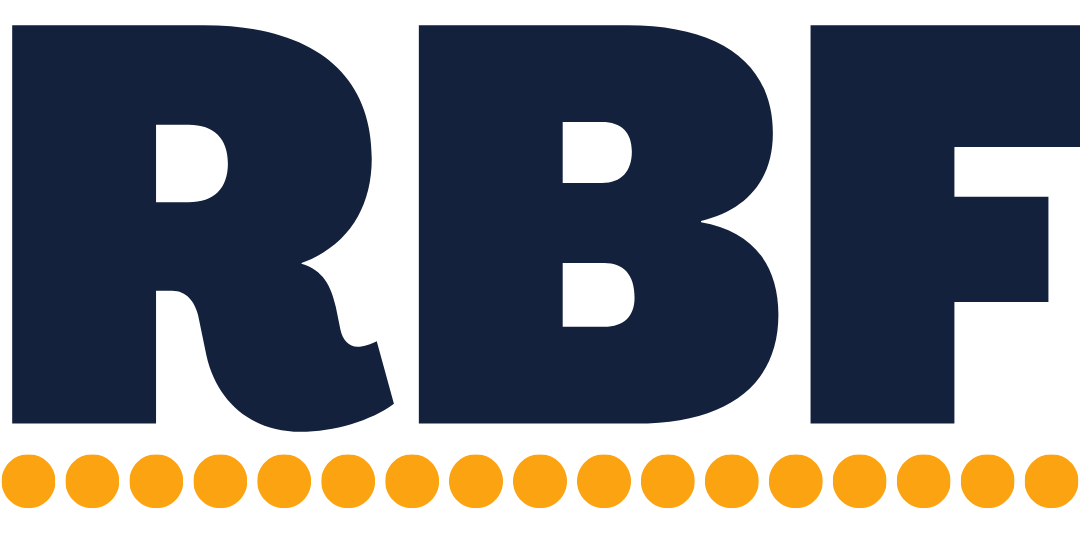Why you shouldn’t combine your personal and business expenses
Hey, I’m Michael Eckstein 👋, and this is ‘Ordinary & Necessary’, a weekly newsletter about the boring business topics that don’t get enough traction on the web, but will help you manage and grow your business. You signed up on my website. If you’d like to unsubscribe, just click the link at the bottom of this email. No harm, no foul, I’d love to have you back sometime.
I’m currently 6,000 transactions and three days into an accounting clean-up job for a multi-million dollar company. And, that doesn’t include a few thousand more transactions that I haven’t imported because they’re on two phantom credit cards my client forgot to mention or give me access to 🙃. To say the least, it’s been a process. But, without a doubt, the worst part has been all the personal transactions. Their business accounts are littered with personal transactions. Meals, groceries, furniture, travel, iTunes (who’s still buying things on iTunes?), and payments to personal cards. Every transaction needs to be scrutinized, tracked back, and verified.
Personal transactions in your business accounts are a problem because there’s no easy way to untangle them. Today, to you, it’s obvious which Starbucks purchase was personal and which was a business coffee. But, it isn’t going to be obvious 3+ months from now to you, your accountant, or the IRS. Inevitably, some transactions will fall between the cracks when your accounting is prepared. Personal transactions will be marked as business transactions and vice versa. And, that’s where the issues begin.
Issues caused by comingling expenses:
Paying too much tax – The first, and the most common, issue is that you’ll pay too much tax because you’ve accidentally excluded business expenses that should’ve been deducted thereby increasing your taxable income. Depending on your tax rate and entity set-up, missing a $100 deduction could cost you $30-50 in additional taxes. When you’re writing $5,000 checks, we’re talking about paying thousands in additional taxes that you didn’t owe.
Extra headache – Accounting becomes significantly more difficult when you need to exclude personal transactions. If you’re doing it yourself, that means hours of wracking your brain, trying to remember a dinner from 3 months ago. If you’ve outsourced your accounting, that means hours of providing additional detail, countless emails back-and-forth, and a very annoyed accountant (who then writes a newsletter warning others to learn from your mistakes).
Paying your accountant more – One way or another, you’re going to get charged more for all that extra work. If you’re paying hourly, a 3-hour job just became a 6-hour job. If you’re paying a flat fee, your quote is going to be noticeably higher than comparable businesses. On top of all that, your accountant might outright drop you. For example, the accounting company Pilot specifically says one of the three requirements for working with them is “No commingling of personal expenses,” and many other accountants have similar rules.
Leads to bad financial reports – You can never be 100% certain that you correctly included and excluded all the proper transactions which means your financial reports will never be 100% correct. And, it’s very difficult to make educated business decisions with inaccurate reports because you don’t truly know the numbers you’re basing your decisions on are correct. Additionally, it becomes more difficult to get business loans because the bank is going to ask for accurate financial reports.
Audit risk – By far, the worst issue is the additional audit risk. If the IRS catches you improperly deducting personal expenses or sees too many personal expenses on your bank statements during an audit, a relatively run-of-the-mill audit can quickly become a nightmare. They’ll heavily scrutinize everything you give them or say to them and try to disallow valid business expenses because they don’t believe you anymore. Even if they don’t find anything improper, a longer and more difficult audit means a much bigger bill from your accountant.
It’s so incredibly easy to open a separate business bank account and credit card nowadays. You don’t even have to go to a bank anymore because there are several online options. There’s no excuse for not having separate accounts. And, no excuse for combining expenses.
Action Item: If you don’t already have a separate business bank account and credit card, open them. If you’re comingling expenses, stop.
Have a great weekend and stay safe!
Michael Eckstein
